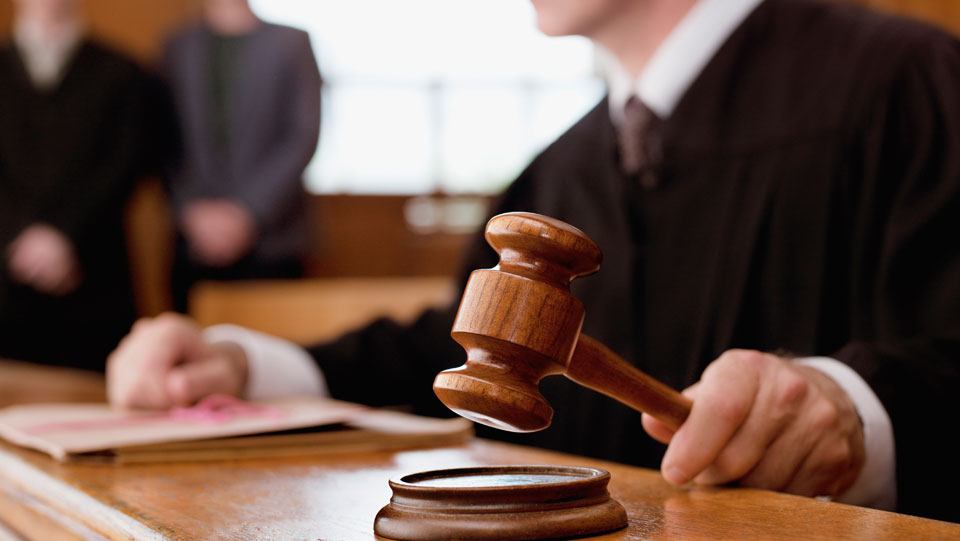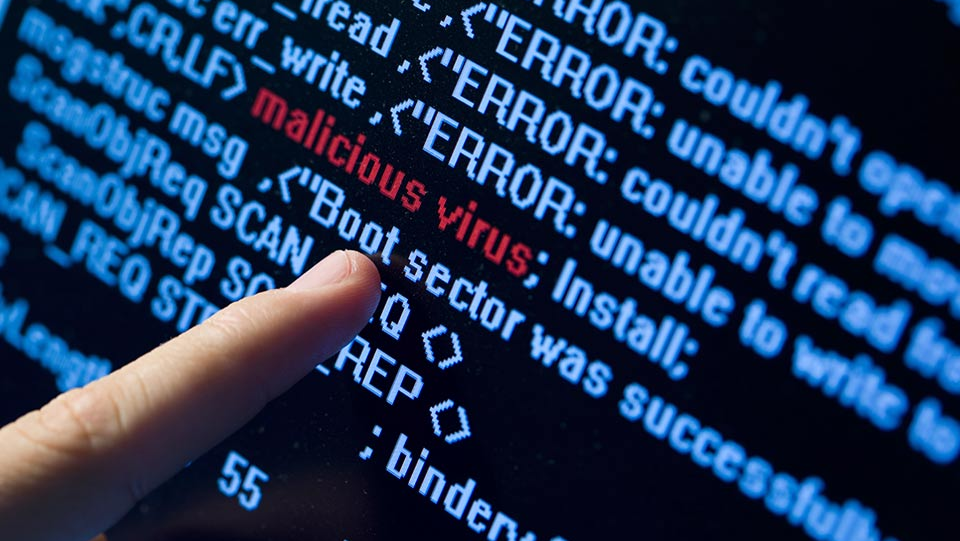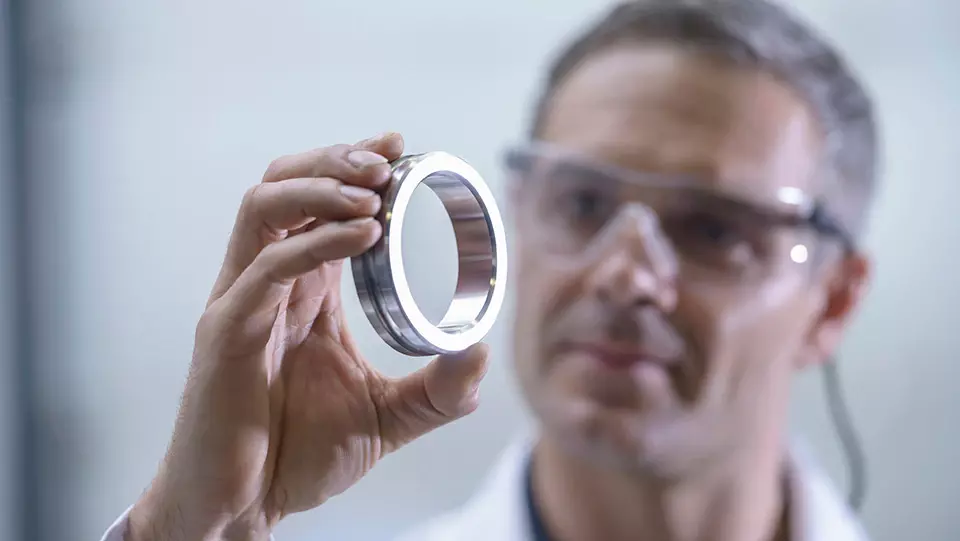Preparing for a Manufacturing Products Liability Claim

(SPEECH)
SPEAKER: A week before thousands would flock to St. John the Divine for holiday celebrations, this iconic Manhattan cathedral was on fire. Flames destroyed the gift shop before firefighters could contain them, and several unique 17th century tapestries were damaged. The fire marshal concluded that a surge suppressor, manufactured by Tripp Lite, had caused the fire. Or did it?
(DESCRIPTION)
Trial by fire, 5 lessons about surviving a products liability lawsuit
(SPEECH)
[MUSIC PLAYING]
BOB MAZALIN: Our product was found by the fire marshal about 25 feet away from where he thought the fire started. This happened to be an isobar, so our flagship surge suppressor. Tripp Lite was facing a multimillion dollar claim bigger than anything we've ever faced before.
SPEAKER: Tripp Lite is a Chicago-based electrical manufacturer.
BOB MAZALIN: We manufacture computer aftermarket products, including surge suppressors and all the assorted products that are used in a data center. Once we learned a little bit more and at least had one review of the product by our expert, we were comfortable we were not at fault. Any damage to our product was external from the fire itself. And we wanted to fight like hell.
SPEAKER: In their fight to get to the truth, Bob and the Tripp Lite team learned some important lessons on how to handle products liability lawsuits. Lesson one, know the process.
BOB MAZALIN: What you want to do is assume any time you're noticed, it could go to trial. No matter how small, how simple it may seem, you should be prepared for litigation. This case really opened our eyes to the fact that we need to understand the process of how these claims go through, what we need todo from being at the scene and having the right experts and working all the way through a jury trial.
SPEAKER: Next, have a team of experienced people working with you.
BOB MAZALIN: We didn't get notified of the event. We got notified by a newspaper reporter in New York the day the lawsuit was filed. So we were way behind from the beginning. We didn't know enough, so we clearly relied on people--the insurance company, our brokers, and attorneys--to make sure we had a good team.
SPEAKER: Get to the scene as soon as possible.
BOB MAZALIN: Being on the scene is invaluable if you can go, especially for a big case, both in terms of recognizing what was there, even identifying our products. If you're not there and you're at a lab six months later, you don't have any opportunity to point out this or that or what might have been the cause.
SPEAKER: Have quality science to back you up.
JOHN MACHNICKI: Tripp Lite contacted us. We're their insurance carrier, and so we got involved in conducting an investigation. One of the allegations the plaintiffs made was that metal oxide varistor, which is a semiconductor device that clamps down on voltage surges, had failed. When the metal oxide varistor fails, it essentially blows up. It releases all of its internal chemicals, and one of those chemicals is bismuth and cobalt. So here at the Travelers' lab, we have equipment like the scanning electron microscope that we use to detect the presence or absence of cobalt and bismuth in the carpet that helped to prove to the jury that Tripp's product did not cause the fire.
BOB MAZALIN: When the case went to trial, I think the jury recognized that we had really good science behind our case. Having an expert who was able to understand all the terminology, and also translating that into English speak that the jury could understand, that was extremely helpful.
SPEAKER: Lastly, monitor social media for posts about your case or others for valuable information.
BOB MAZALIN: We are currently now a much more marketing savvy company and a social media savvy company because you have to be. We pay attention, we surf, we watch. We've had other cases since then where there's been a fire and people have videotaped it and posted it. If you surf, you might find both video and also other information about the events before, during, or after the fire that become useful to you.
If you're a manufacturer in the United States, you're going to get sued at some point. Products liability for us as a manufacturer is our biggest single risk. The jury decided that we were innocent, and they dismissed the case. Now when we get a call, I don't want to say it's routine, but there's certainly no panic. We notify the insurance company immediately, we notify our first response attorney, and we sit down and we go from there.
(DESCRIPTION)
travelers dot com slash manufacturing. Hashtag Harness Risk
(SPEECH)
[MUSIC PLAYING]
A products liability claim can be disruptive and expensive for a manufacturer, whether or not the company is at fault. Beyond the tangible costs required to defend the company in court, other impacts can include damage to brand reputation, missed future opportunities and loss of good will and market share. Being prepared to respond when a claim does happen can help manufacturers more effectively defend against products liability claims and protect their reputation in the marketplace.
Now with so much word of mouth happening online, being prepared for a products liability claim also involves having both traditional media and social media crisis communications policies in place. Especially when the claim involves a consumer product, being prepared to respond promptly and with the appropriate follow-up can help a manufacturer tell its side of the story instead of having the web community write the story for them.
Understanding your specific products liability risks based on the types of products your company manufactures can help you implement safety procedures to address your concerns and develop a response plan based on your product’s unique risks.
Responding to a Claim
“Companies need to have a proactive response plan based on modern and effective forensic investigative techniques,” says John Machnicki, Vice President and Director of the Risk Control Laboratory at Travelers. Timing is often critical. If the products liability claim involves a loss scene and the loss scene is still available, it is important to respond as soon as possible. Key evidence can disappear or degrade, witnesses may forget or change their observations, or the scene could be altered. It’s important to get a clear understanding of the scope of the evidence related to the product liability claim as soon as possible.
The allegations against you may be based on a forensic investigation conducted by one or more specialized experts. Success in defending yourself in these kinds of cases may depend on proving or disproving the scientific accuracy and reliability of the conclusions of these experts.
Conducting an Investigation
Investigations typically involve collecting information and physical evidence. How the information and evidence is collected and the way in which it is examined, tested and analyzed can play a critical role in coming to a proper understanding of what happened, why it happened and who is responsible.
Tripp-Lite, a company that manufactures surge protectors, understands the value of preparing in advance and identifying experts who specialize in forensic fire investigations that can respond quickly to liability claims associated with fires. “Having the right team, investigative process and access to the latest forensic techniques can be critical to successfully defending your company,” explains Bob Mazalin, director of Risk Management at Tripp-Lite.
There are three key elements associated with modern, reliable forensic investigations:
People
Finding the right expert for a particular type of loss is critical. If the allegation is that your product caused a fire, then experts experienced in fire investigation may be required, in addition to experts who understand the safety features designed into the product to prevent fires from occurring. Beyond education and credentials, you will want to make sure that the expert is active in his or her field. Experts who do not stay current may rely on outdated science to reach their conclusions. Having someone with experience testifying before a jury and who can explain complicated science in simple language, is also essential.
Process
The process or steps involved in investigating a claim often depend on the type of claim (e.g. fire vs. electrocution). Most fire investigations require a determination of where the fire originates before anyone can determine what caused the fire. Fire origin determination requires a certain kind of expert and one with capabilities that might differ from experts who determine the cause of fires. Manufacturers facing their first fire claim often ignore this distinction and miss an important opportunity for defending themselves in any ensuing litigation.
You may have hired world-class experts who bring the very latest in science to an investigation, but if they are not aware of an investigative process required for the particular type of loss you are involved with, your ability to defend yourself could be seriously limited. This also goes for your attorney.
Science
Techniques available to collect, examine and analyze information and physical evidence are changing and evolving rapidly. It is incumbent on experts to keep pace with those changes. Science, in this context, refers to both the techniques used to conduct an investigation as well as the soundness of an expert’s opinion. Your expert must be familiar with and have access to the latest techniques. Not only is this important for getting the right answers, but it also allows for a cost-effective and timely investigation.
Expert opinions must be scientifically sound and reliable in order for the courts to view as appropriate for consideration by a jury.
Judges in federal court have a gatekeeper role in determining the admissibility of an expert opinion when so challenged. Many states have also adopted this gatekeeping function for judges on the state level. A reliable opinion will be based on collecting sufficient facts and data regarding a loss and analyzing that data using techniques and methods that are generally accepted by other experts in that field. Is the expert ignoring data associated with the loss? Can the expert show that their analysis is acceptable and has been applied appropriately to the case at hand? Experts have been precluded from testifying if they can’t answer these and other key questions related to how they formed their opinions.
While products liability claims can cause disruption to your business, it helps if you take steps to be prepared in advance. Risk managers can work with their partners, including law firms, brokers, and carriers, to help to understand the latest scientific methods for their industry, help identify experts, and, for emerging technologies, help to identify an insurance carrier that knows the strengths and weaknesses of these technologies. When you are in the midst of a liability claim, you want to have the most powerful resources in defense of your brand and your reputation.



